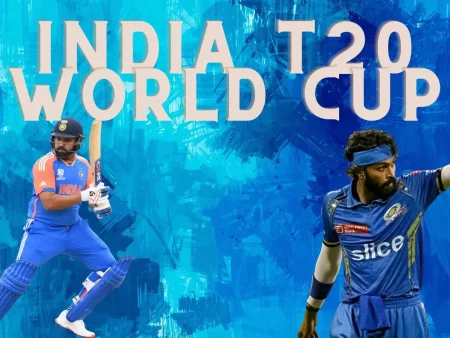The Board of Control for Cricket in India has introduced comprehensive restrictions on jersey sponsorship eligibility, effectively barring gaming platforms, cryptocurrency firms, and several other industries from bidding for Team India’s coveted front-of-jersey rights.

New Regulations Follow Dream11 Exit
The policy shift comes after fantasy sports giant Dream11 terminated its ₹358 crore sponsorship agreement in August 2025, triggered by India’s newly enacted Promotion and Regulation of Online Gaming Act. The legislation prohibits real-money gaming platforms and their promotional activities, making Dream11’s continued association with the national team legally impossible.
BCCI Secretary Devajit Saikia confirmed the board’s position: “With government regulations now in place, continuing our sponsorship relationship with Dream11 or similar gaming companies is not feasible. The new restrictions leave no room for such partnerships.”
Comprehensive Industry Exclusions
The BCCI’s latest tender document reveals an extensive list of prohibited sponsors. Companies involved in the following sectors cannot submit bids:
- Online money gaming, betting, or gambling services
- Cryptocurrency exchanges, tokens, or related digital asset services
- Alcohol and tobacco products
- Businesses likely to offend public morals, including pornography
- Any entity engaged in activities banned under the Online Gaming Act 2025
The regulations also prevent surrogate advertising attempts, where companies might apply using alternative brand identities to circumvent restrictions.
Financial Thresholds Set High
Beyond sector exclusions, the BCCI has established strict financial criteria. Potential sponsors must demonstrate either:
- Minimum annual turnover of ₹300 crore over the past three years, or
- Average net worth of ₹300 crore across the same period
Companies must purchase Expression of Interest documents for ₹5 lakh plus GST, with bid submissions due by September 16, 2025.
Timing Creates Urgency
The sponsorship vacuum arrives at a critical juncture, with India’s men’s team competing in the Asia Cup and the women’s squad preparing for the ICC World Cup starting September 30. The tight timeline means Team India may compete in major tournaments without jersey branding while the BCCI finalizes a replacement deal.
Historical Pattern of Sponsor Challenges
Dream11’s departure continues a troubling trend for Team India’s lead sponsors. Over two decades, multiple major partners have faced unexpected exits:
- Sahara (2001-2013): Left following SEBI regulatory issues
- Star India (2014-2017): Exited amid antitrust investigations
- Oppo (2017-2019): Withdrew during India-China geopolitical tensions
- Byju’s (2019-2023): Defaulted on payments before eventual collapse
- Dream11 (2023-2025): Forced exit due to gaming law changes
Industry observers have dubbed this pattern the “jersey jinx,” noting how prestigious sponsorship deals often encounter unforeseen complications.
Revenue Targets Despite Restrictions
Despite the narrowed pool of eligible companies, the BCCI maintains ambitious revenue expectations. The board seeks approximately ₹452 crore from the new three-year sponsorship cycle (2025-2028), covering roughly 140 international matches.
Rate structures include ₹3.5 crore per bilateral match and ₹1.5 crore for ICC and Asian Cricket Council fixtures. This represents a premium over Dream11’s previous rates of ₹3 crore and ₹1 crore respectively.
Market Interest Remains Strong
Early reports suggest Toyota Motor Corporation and an unnamed fintech startup have expressed interest in the sponsorship rights. The BCCI’s emphasis on “reputed firms” indicates a preference for established corporations with strong regulatory compliance records.
Broader Industry Impact
India’s sports sponsorship market, valued at ₹16,633 crore in 2024, has grown sevenfold since the Indian Premier League’s 2008 launch. Cricket commands an 85% share of this market, making Team India’s jersey among the most valuable advertising real estate in sports.
The new restrictions reflect broader regulatory tightening around online gaming and cryptocurrency in India, forcing sports organizations to reassess partnership strategies.
Looking Forward
The BCCI’s stringent approach signals a shift toward conservative sponsorship policies prioritizing regulatory compliance over maximum revenue. While this may limit immediate options, it aims to provide greater stability for future partnerships.
As the board races to secure a new sponsor before major tournaments begin, the success of this restrictive approach will determine whether Team India can maintain its commercial appeal while navigating India’s evolving regulatory landscape.
The outcome will likely influence sponsorship strategies across Indian sports, as other federations observe how exclusionary policies affect both revenue generation and partner stability.














